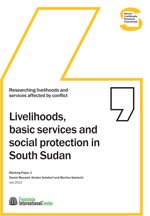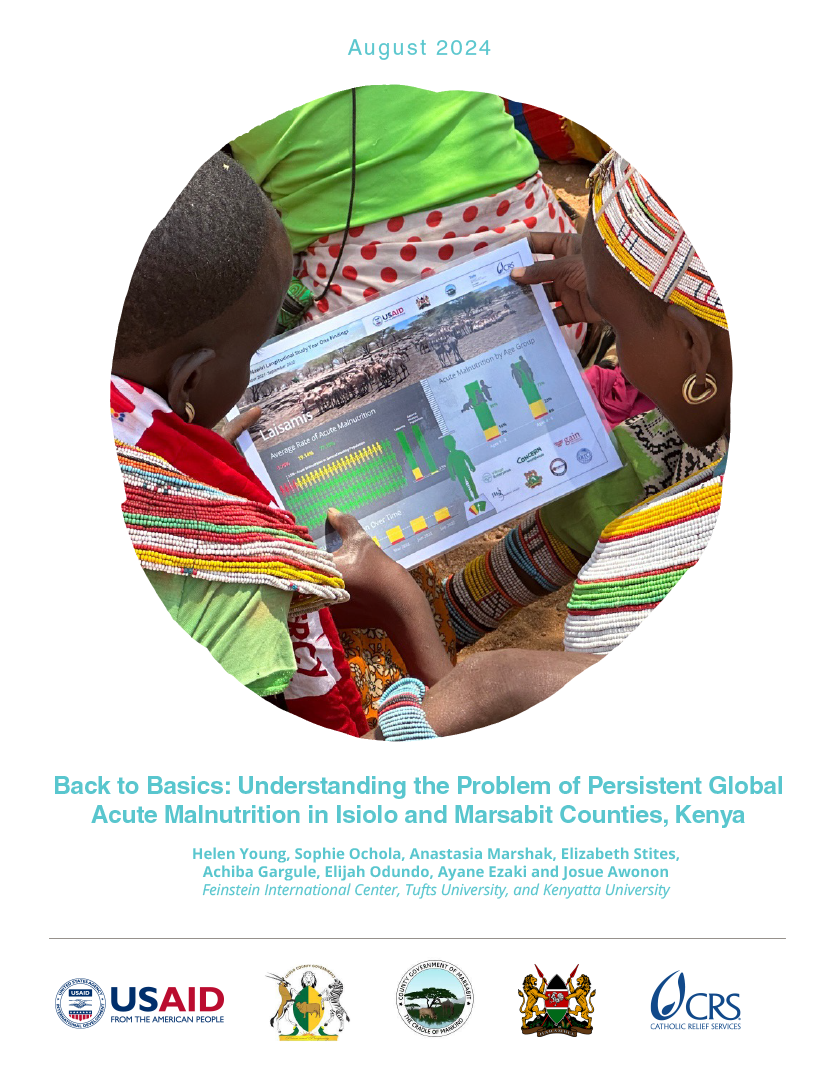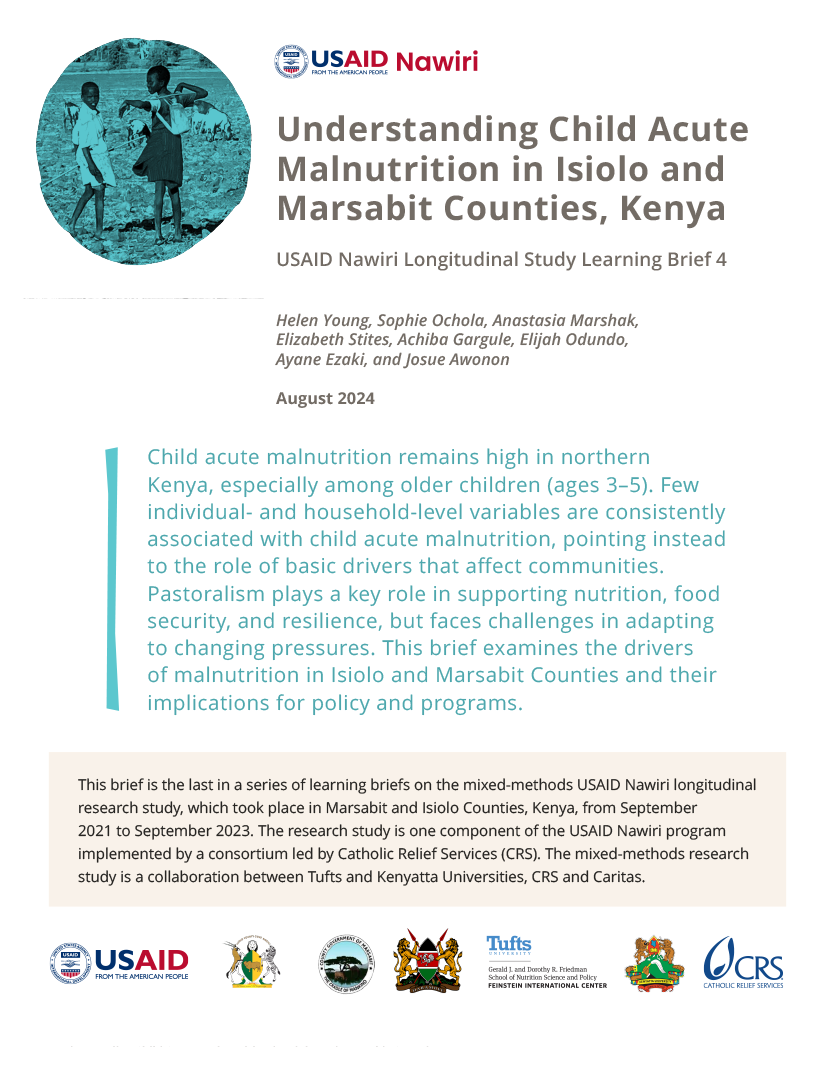On 9 July 2011, the Republic of South Sudan became the world’s newest country. The realisation of the South’s independence came after nearly four decades of a civil war that devastated the lives and livelihoods of the South Sudanese. The consequences of the long conflict on people’s lives, livelihoods and access to basic services were devastating, and the new country faces massive challenges in overcoming these.
This working paper summarises the existing literature on livelihoods, basic services and social protection in South Sudan; presents a brief analysis of this literature, its strengths and its gaps; and lays out potential research questions for the Secure Livelihoods Research Consortium (SLRC).
It provides a brief overview of the country and the impact of the conflict with the North between 1955 and the present.







